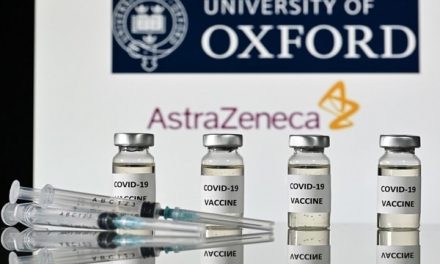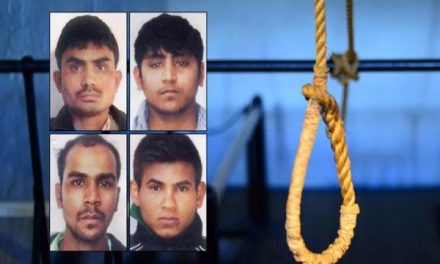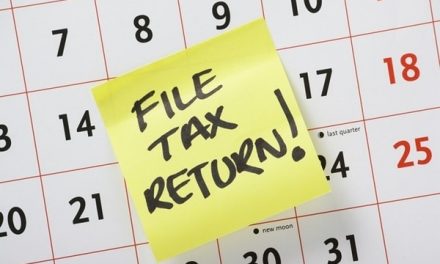Money transferred to women Jan Dhan accounts are safe and an account holder can withdraw it any time, the Finance Ministry said on Monday while rubbishing rumors that it will be taken back if not withdrawn immediately.
Finance Minister Nirmala Sitharaman in last month, had announced that as many of 20.5 crore women Jan Dhan account holders will get Rs 500 per month for the next three months to run their households and deal with the hardships caused by the nation-wide lockdown.
“We would like to assure that money deposited under the Jan Dhan accounts are safe. The account holder can withdraw the money from the bank branch or ATM at any time. Don’t believe any rumor about the safety of the money,” the Financial Services Secretary said in a late-night tweet.
The rumor that money will not be taken back from accounts if not withdrawn immediately is completely baseless, the Finance Ministry said. Due to this rumor, some parts of the country witnessed a serpentine queue outside bank branches for withdrawal of the first installment under the relief package.
The economic relief package was announced on March 26 as the many people, especially the poor and migrant laborers faced the brunt of the lockdown.
The Finance Ministry provided Rs 1.7 lakh crore economic relief which included this direct bank transfer (DBT) of Rs 500 per month for the next three months for 20 crore women enrolled in the Jan Dhan Yojana scheme. It also offered women in the Pradhan Mantri Ujjawala scheme to receive free cooking gas for three months to ensure food to 8.3 crore BPL families. Women’s self-help groups could avail collateral-free loans for up to Rs 20 lakh.
The Pradhan Mantri Jan Dhan Yojana is a Central government initiative to provide easier access to banking and financial services to citizens. According to Ministry of Finance records, the scheme has 38.08 crore beneficiaries and Rs 119,706.97 crore balance in these beneficiary accounts. With 1.26 bank mitras delivering branchless services in sub-service areas, the scheme has led to financial inclusion for those who were earlier underbanked or unbanked.











